Aidan Fortune
Camelot's bid to offer commercial services such as bill payments and phone top-ups through lottery terminals has hit a major road block following the National Lottery Commission's (NLC) decision to provisionally reject the proposal on competition grounds.
The Commission said that offering services would be an abuse of a dominant position, and therefore in breach of European Law, so it was "minded to" forbid it. Camelot slammed the decision as "flawed".
"We remain convinced that our detailed and carefully considered plans should allow us to offer commercial services through National Lottery retailers," Camelot said. "We are disappointed that the NLC has failed to reach a definitive decision instead choosing to further extend the process, delaying the benefits to retailers and consumers."
The provisional decision was welcomed by other payment service operators. Payzone UK managing director Bill Thomson said that although it welcomed competition in the commercial services market, he believed that the NLC had made the right decision. "Camelot's application for a licence was unlikely to enhance the availability of services for customers," he said.
PayPoint chief executive Dominic Taylor said it was "a victory for local shops" including sub post offices, whose earnings and footfall would be "undermined" by the proposal. It would also have distorted competition in the bill payments sector, he added.
However, National Federation of Subpostmasters general secretary George Thomson said the provisional decision could lead to PayPoint taking business from the Post Office. Camelot and the Post Office had considered working together to run the commercial services through the network, a plan which may now be in jeopardy.
Thomson said: "Bill payment and mobile top-ups remain an important source of revenue for post offices and our concern is that this provisional refusal will lead to PayPoint taking more work from us and further jeopardising the network."
Interested parties now have until September 3 to address the provisional decision on Camelot's application, and submit evidence.
Camelot's bid to offer commercial services such as bill payments and phone top-ups through lottery terminals has hit a major road block following the National Lottery Commission's (NLC) decision to provisionally reject the proposal on competition grounds.
The Commission said that offering services would be an abuse of a dominant position, and therefore in breach of European Law, so it was "minded to" forbid it. Camelot slammed the decision as "flawed".
"We remain convinced that our detailed and carefully considered plans should allow us to offer commercial services through National Lottery retailers," Camelot said. "We are disappointed that the NLC has failed to reach a definitive decision instead choosing to further extend the process, delaying the benefits to retailers and consumers."
The provisional decision was welcomed by other payment service operators. Payzone UK managing director Bill Thomson said that although it welcomed competition in the commercial services market, he believed that the NLC had made the right decision. "Camelot's application for a licence was unlikely to enhance the availability of services for customers," he said.
PayPoint chief executive Dominic Taylor said it was "a victory for local shops" including sub post offices, whose earnings and footfall would be "undermined" by the proposal. It would also have distorted competition in the bill payments sector, he added.
However, National Federation of Subpostmasters general secretary George Thomson said the provisional decision could lead to PayPoint taking business from the Post Office. Camelot and the Post Office had considered working together to run the commercial services through the network, a plan which may now be in jeopardy.
Thomson said: "Bill payment and mobile top-ups remain an important source of revenue for post offices and our concern is that this provisional refusal will lead to PayPoint taking more work from us and further jeopardising the network."
Interested parties now have until September 3 to address the provisional decision on Camelot's application, and submit evidence.
opinion
I am not sure any parties will be satisfied by what is a weak conclusion of the NLC. We hope that a more decisive conclusion can be reached as soon as possible." James Lowman Chief executive, Association of Convenience Stores There isn't enough competition in the bill payments sector and if retailer margins for offering these services are to improve, there need to be more players." Alan Fincham Londis News Extra, Attleborough, Norfolk I'm glad that Camelot has been provisionally turned down because it would have put a lot of rural post offices out of business. Bill payments set us apart from our competitors." Sylvia Winter Creaton Village Store & PO, Northamptonshire
I am not sure any parties will be satisfied by what is a weak conclusion of the NLC. We hope that a more decisive conclusion can be reached as soon as possible." James Lowman Chief executive, Association of Convenience Stores There isn't enough competition in the bill payments sector and if retailer margins for offering these services are to improve, there need to be more players." Alan Fincham Londis News Extra, Attleborough, Norfolk I'm glad that Camelot has been provisionally turned down because it would have put a lot of rural post offices out of business. Bill payments set us apart from our competitors." Sylvia Winter Creaton Village Store & PO, Northamptonshire








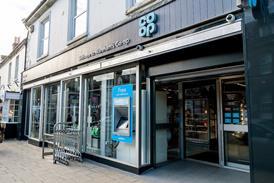


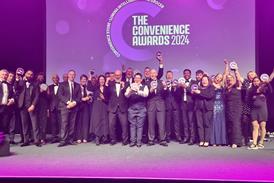




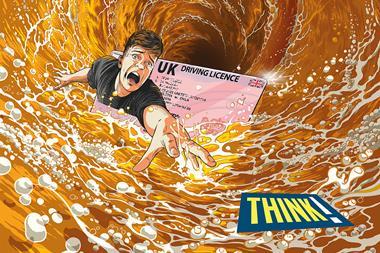

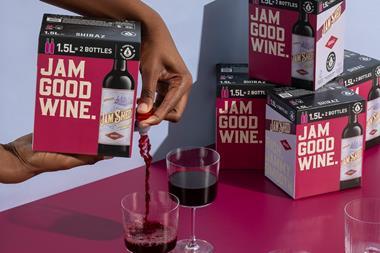


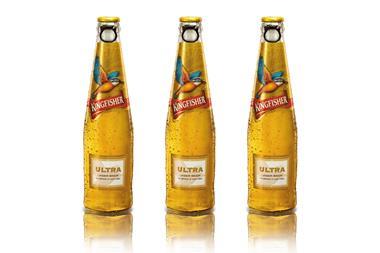


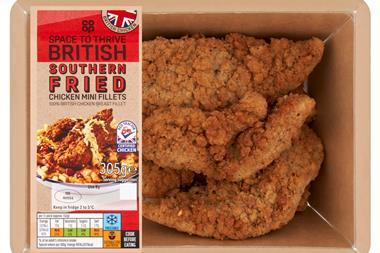



No comments yet